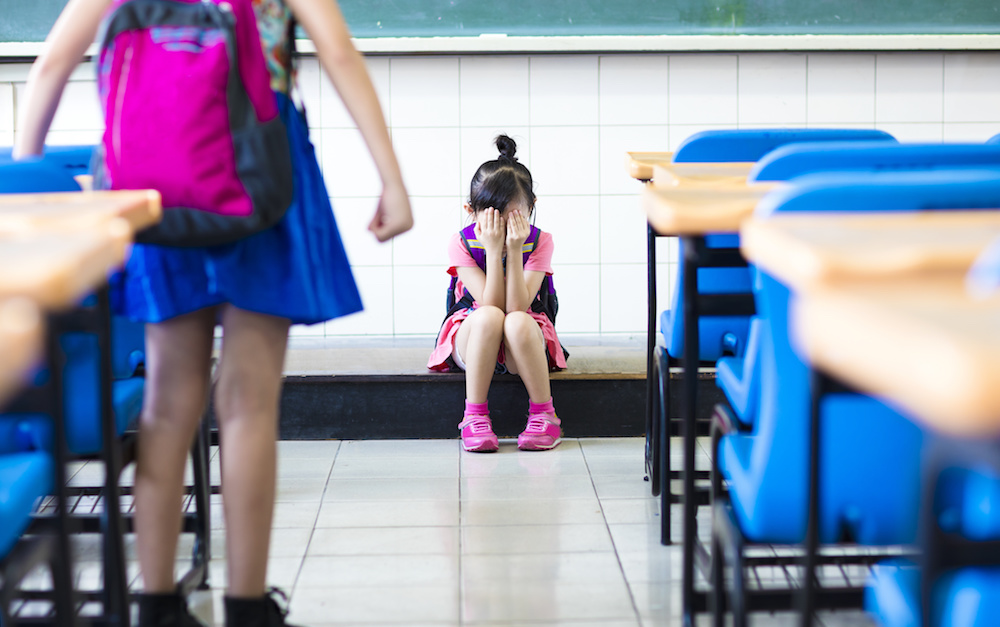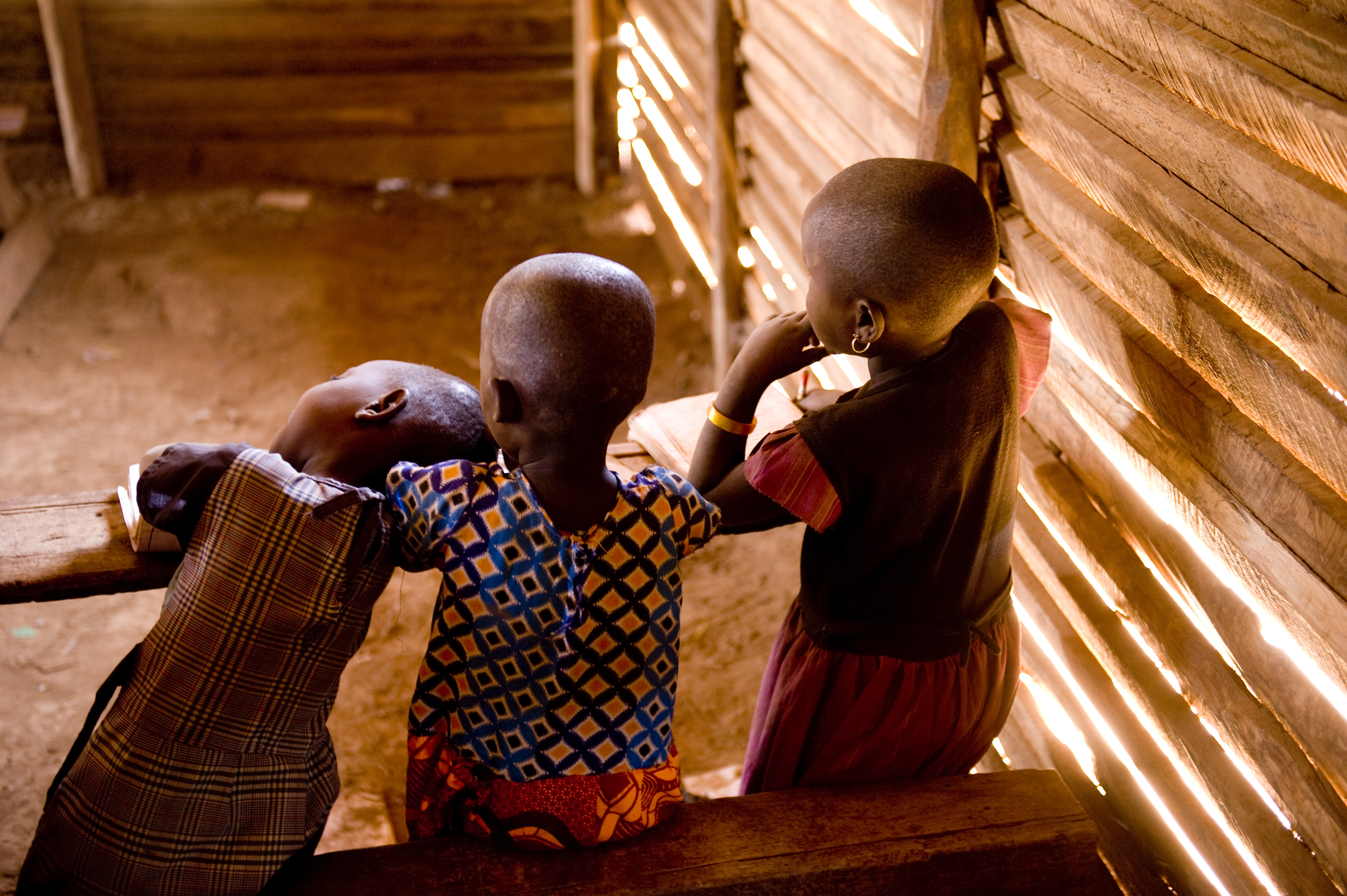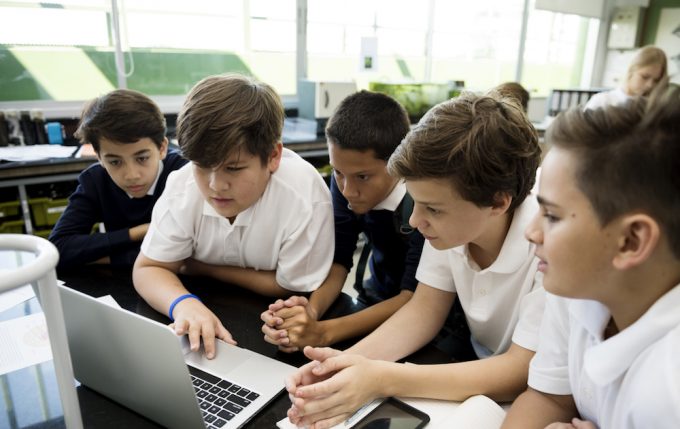Kids will need recess more than ever when returning to school post-coronavirus
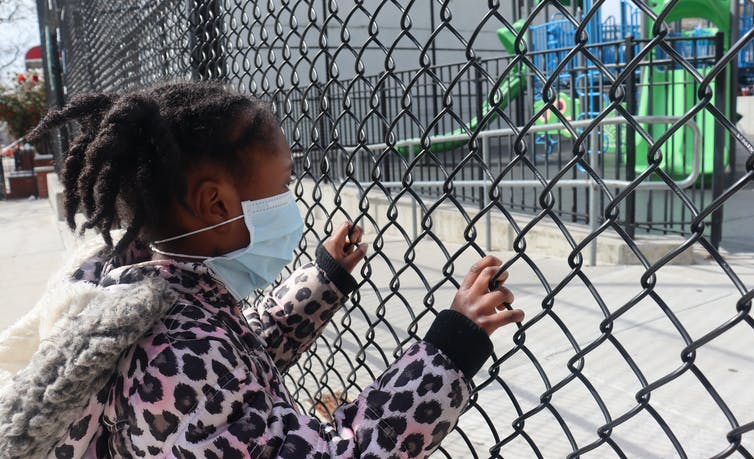
School leaders globally are tasked with the unenviable challenge of planning for school reopenings after COVID-19 pandemic shut downs.
Having experienced their own isolation, anxiety, exhaustion and challenges of taking schools online, they are now challenged to redesign their schools to mitigate the effects of a pandemic.
Amid concerns about social distancing, it would be easy for education authorities to consider recess as a low priority, and perhaps even easier to cancel it.
Please don’t. In anticipation that recess might be sidelined by the pandemic, we are among a newly formed group of researchers, pediatricians and school leaders concerned about recess. We are leveraging three decades of evidence related to children’s developmental needs to highlight, in a global statement, why recess should be prioritized.
Yes, prioritize recess
Recess is typically the only unstructured time in the school day that provides a setting for children’s physical, social and emotional development — all of which are foundational for mental well-being, school engagement and learning.
But when children return to school, we must ensure recess is meaningful, playful and inclusive. Why is recess so important, and why now?
After months of physical and social isolation, stress and uncertainty, students are going to need a supportive, safe and inclusive place to connect with each other — far more than they need the opportunity to catch up with schoolwork.
From the students’ perspective, recess is a social space; it is less about a break from class or accumulating their necessary daily physical activity.
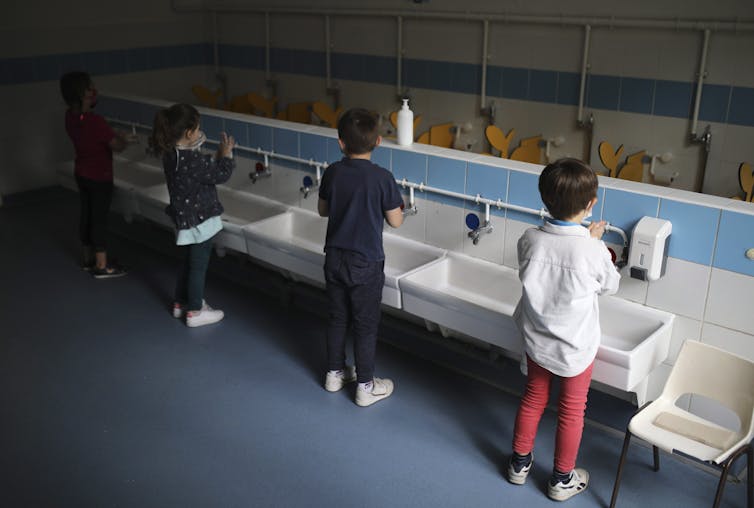
Friendships, belonging
What matters to students, first and foremost, is friendships, social connections and feelings of acceptance and belonging. And this happens through play, recreation and leisure activities — at every age.
Recess is the best time in the school day when students can connect with peers and engage in meaningful, self-directed, recreational play.
And for many children, especially those who live in high-poverty urban neighbourhoods, recess may be may be their only chance for outdoor, self-directed play in their entire day. Increases in screen time, urban density, neighbourhood violence, fears of injury and abduction, lack of accessible or affordable recreation and a focus on organized sports all contribute to declining opportunities for informal play and recreation. And under the current pandemic, children’s mental health and emotional well-being will depend on it.
Critical for health, well-being
It is already clear that the mental health effects of the pandemic are pervasive and are likely to persist. Given that 70 per cent of mental disorders begin in childhood, children will need time and space to heal from the collective trauma.
Social relationships, in particular, provide a context for emotional support, enjoyment, creative play, physical activity and the development of social identities — all of which contribute to overall development and well-being. School planning efforts must focus on reducing sustained feelings of isolation and loneliness in order to protect against widespread increases in anxiety, depression and suicide.
Recess can ease the effects of inequality
This pandemic exacerbates the effects of pre-existing social inequality. Many schools in Canada, especially those serving the most vulnerable children, don’t have a history of supporting meaningful, quality recess experiences for students.
Recess is typically overlooked in policy and practice, resulting in minimal funds, supervision and equipment. Canada has one of the highest rates of school-based violence of all the developed nations, disproportionately affecting children from vulnerable populations and undermining the positive benefits of social connection and play.
School environments themselves are telling, especially in our more vulnerable urban neighborhoods: concrete, rusty, barren and soulless. And instead of enjoyment and connection there is boredom, exclusion, conflict, behaviour challenges and violence — factors that promote social patterns that perpetuate inequity in schools. There is much more we can do to support children, and we have an unprecedented opportunity now to do better.
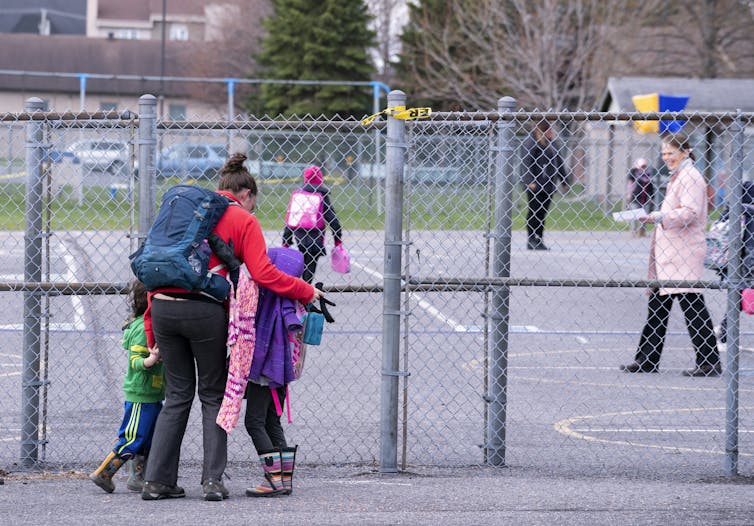
The right to recess
Yes, recess is a fundamental human right. Canada is a ratified member of the United Nations Convention on the Rights of the Child. Of the 54 articles, one of the most overlooked and unprotected of the rights is Article 31, “the right to rest and leisure, to engage in play and recreational activities appropriate to the age of the child.”
Schools are not exempt from playing a role in protecting and promoting children’s right to play, rest and leisure. Schools have a responsibility to ensure the recess environment is inclusive, fully accessible, secure from the effects of social harm and appropriate for all genders, ages, stages and abilities.
But what about COVID-19?
Our research group has combined our expertise to provide answers and concrete strategies for a recess that not only works under the current circumstances but paves the way for a better recess. The purpose of our global statement is to provide educators with practical evidence-based strategies that ensure opportunities for healthy, meaningful play while simultaneously minimizing the spread of the virus.
The U.S. Centers for Disease Control and Prevention currently recommends segregating recess by class. Smaller groups will not only minimize the spread of the virus but provide an opportunity to ensure recess is much more manageable, inclusive and enjoyable.
5 recommendations
In collaboration with local health officials, schools could consider the following recommendations:
-
Count recess as instructional time to enable teachers to remain with and support their class, and provide a separate dedicated break time for the teacher.
-
Schedule at least two sustained periods of recess every day for every child and hold it outdoors whenever possible.
-
Engage children in planning and ensure they include a continuum of options to choose from. Engage them in setting expectations and rules for health and safety. Provide leadership opportunities for students to help support each other, maintain the equipment and emphasize the importance of diversity and inclusion.
-
Avoid strict rules like “no running” and “no ball throwing” that can undermine the benefits of play and physical activity.
-
Don’t withhold recess as punishment for missed schoolwork, poor classroom behaviour or any other reason. Instead, ensure that all children have access, feel safe and included and are able to experience meaningful and playful engagement.
This pandemic provides us with an opportunity to rethink — and redesign — the way we support social connection and opportunities for informal play and recreation in school.![]()

